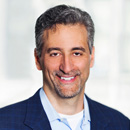Each year brings a steady stream of new challenges and opportunities for educators, and 2017 was particularly difficult. The work teachers and students are doing in schools often feels more urgent than ever in view of a rise in bullying in schools; the challenges to students' access to special educationviolence and deportation—and so much more. In the midst of these challenges, there remains one clear source of inspiration and hope: the voices of kids themselves.
[subscribe]
At TNTP, we have plenty of opinions of our own. But each year around this time, we find it useful to reach out to some of the most knowledgeable folks in the field to hear their thoughts on the year behind us and what's to come. Based on the powerful thinking students have shared with us, this year we're sharing reflections from young people on some of the most pressing issues affecting them. During the holiday season when we’re taking time to rest and recharge, we hope you’ll find the perspectives of these young people as inspiring as we do. From all of us at TNTP, we wish you the very best for the new year.
Kayla and Jose want more teachers who look like them
Micah tells us why special education programs like his are important
Shatavia knows challenging classes are preparing her for college
Andre believes learning has helped him grow more than prison could
Denzel is a Dreamer with a message of hope for educators and young people
***
Kayla and Jose: We want more teachers who look like us
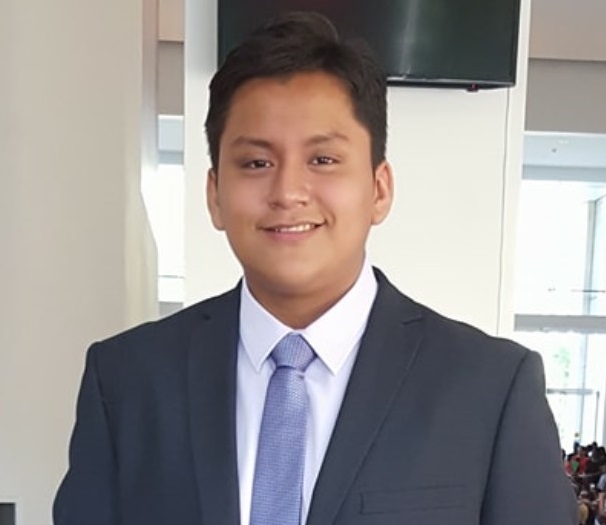
“It’s hard to explain the way it feels to have a teacher who looks like you; they’re like older brothers who become a huge part of our lives, even if it’s just for four years. They make it easier to connect and socialize and help me feel more like I belong. To me, learning from someone who reflects who you are is one of the best things a student can experience.”
—Jose, 12th Grade
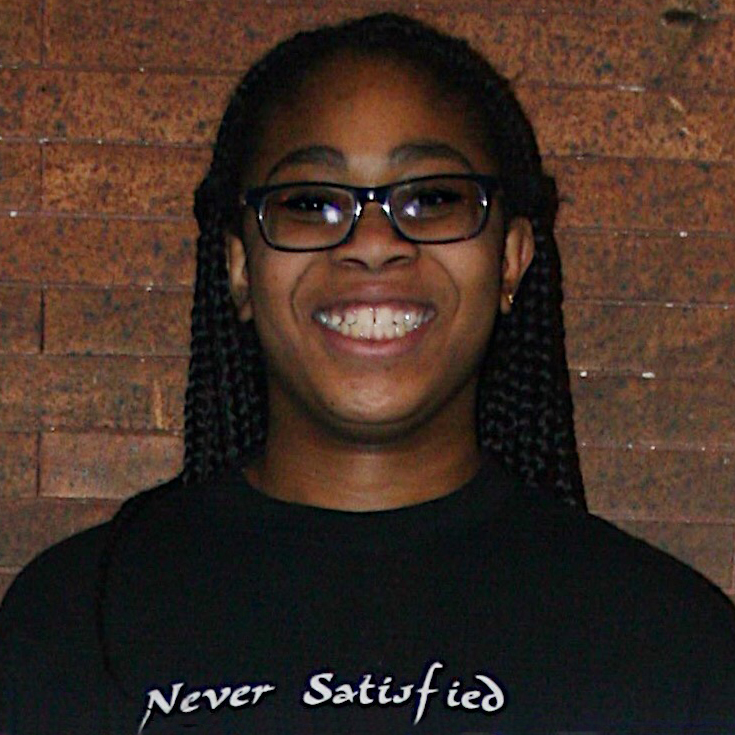
“I’ve never had a brown skin teacher. I really hope to have one before I graduate. I think it would make a big difference. I have different teachers every year; they’re pretty cool, and they’re patient with me, and I appreciate that. But I feel like I’m always pressuring myself and trying to please my teachers just to help them feel better about having a smart black girl in their class. It would be really cool not to have to worry about that.” —Kayla, 10th Grade
***
Micah: Special education programs like mine are important
A few months back Micah's mother, Kim, talked to us about their fight to get Micah the education he deserves. This time, we passed the mic to Micah.
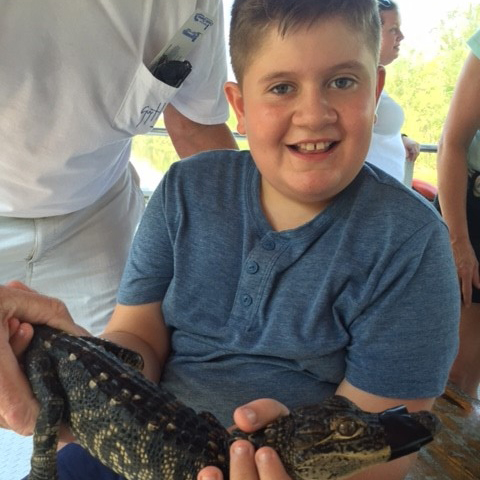
“I like science class because I get to learn about the planets. In that class, I’m with other fifth graders that aren’t in special education. I like that too.”
“One of my favorite teachers is Mr. Byers, my special education teacher. I like the class because we learn things we can use in real life. Like, we go to the store and cook every Friday. We go to the community market and buy everything we need to make that week’s recipe.
I also go to science class with Mr. Richards. I like that class because I get to learn about the planets. In that class, I am with other fifth graders that aren’t in special education. I like that too. We do fun experiments.
I always want to be challenged, and I am challenged in Mr. Byers’ class and Mr. Richards’ class.”
—Micah, 5th Grade
***
Shatavia: Challenging classes are preparing me for college
Last year, Shatavia was featured in Room to Run where she discussed her goal of becoming a teacher. Here, she reflects on how her high school experience prepared her to meet her aspirations in college.
Click to hear Shatavia’s take.
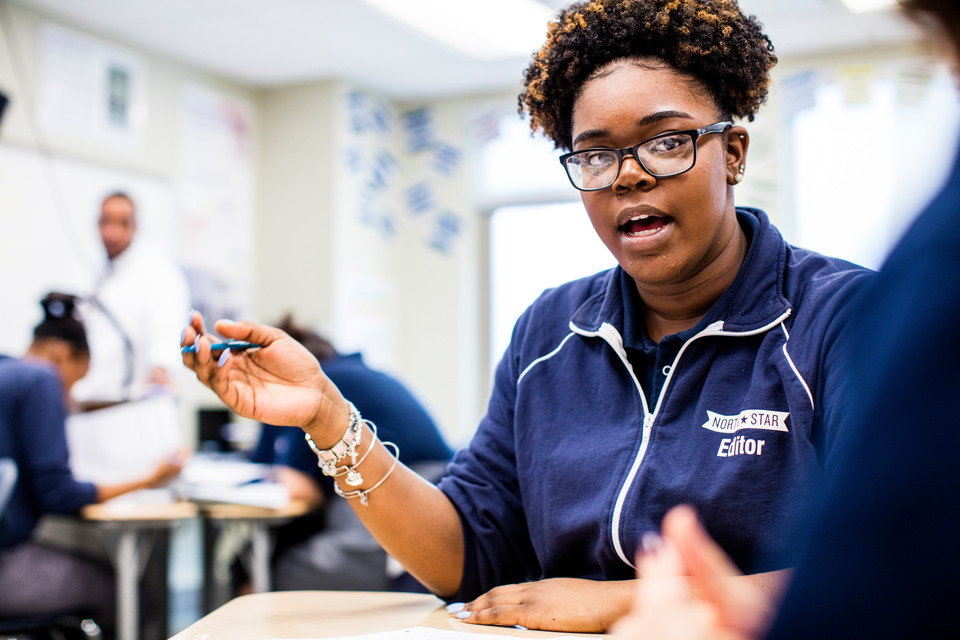
“I am going to college, and I am having these challenging classes that help me think more critically, that make me a better writer, and make me more socially aware.”
***
Andre: Learning has helped me grow more than prison ever could
Andre was 14 years old when he first entered the juvenile justice system. He is currently 18 years old, working on earning his GED, and interested in pursuing a career as a psychotherapist. Since January, he's been with Eight Million Stories, an alternative education and workforce development program for formerly incarcerated young men founded by Bridge Fellow Marvin Pierre. Marvin spoke with Andre about his experience.
Click to hear Andre’s take: “To be honest, jail messed up my head. I was never a thief. I was never hot-headed.”
After you went to jail the first time, did things change, or did you go right back to the same things?
No, things changed. To be honest, jail messed up my head. I was never a thief. I was never hot-headed. I was always quiet and kept to myself. But jail forced me to become hot-headed; I had to change who I was.
I remember, when I was in jail, I’d wake up and think, “I want to come out a different person, a better person, the person I want to be.” But when I got out of jail, that person didn’t come out. I came out like an animal or something—but that animal wasn’t really me.
You mean, jail did that?
Yeah, but I don't want to be like that. I want to go back to being my old self. That's why I like Eight Million Stories. It's teaching me, and it's kind of bringing me back to my old self. Like, when I get ready to spazz out, when I get ready to get mad and stuff, I got people that actually care about me. And every time, they really encourage me to go forward, instead of backward like the people in the streets do. The people in the streets always have you going backward. Here, everyone is teaching me to go forward.
I feel like with Eight Million Stories, we’re all after one goal: getting our GED. And I feel like what someone else doesn’t know, I probably know. So, I can help him out. Everybody in there wants to learn. We can help each other learn. I feel like my classmates and my teachers are wonderful. They help me understand everything way better.
***
Denzel: A Dreamer with a message of hope

“I am an immigrant, all I do is work!”
(Portrait by Helday De La Cruz for “We The Dreamers: An Art Show to Defend DACA”)
What role has DACA played in your life?
The person I was before DACA was just a hopeless individual who thought that winning a few thousand dollars playing video poker was the only way for my family and me to get by. It was not until I got approved for DACA that I was able to see myself attending college and having a fulfilling career.
Because of DACA, I was able to attend The New School in New York City, legally work and earn enough money to send some to family in the Philippines, and fly across the country playing music without the fear of being deported at any moment. In short, DACA has completely changed my life. I fully understand that it isn't a means of citizenship, but given its limitations, it has taught me how to work my best self into this beautiful but uncertain country I call my home.
Why is DACA important?
DACA was the safe house for 800,000 young individuals, all of us, striving for a better path in life—a secure life to live out without the fear of deportation. We got jobs, we got accepted to colleges and universities, we served our nation’s military, we created art and music, we tried our best to be normal, but instead, our trust and livelihood were ripped out from underneath us in one night. To expect this nation to react kindly to such a horrible deed is nonsense. Immigrants and allies have taken this country by the collar to fight for the protection of DACA recipients and for a Clean DREAM Act. DACA is going to continue to stay important until something is done for the better of my community.
America, wake up! This country was built on the backs of immigrants, Native peoples, the poor, the tired, the hungry! You give a small percentile of us the chance to work, go to school, live our best lives and now you want to take that away from us? Think again. We're bright, young, and filled with so much hope and passion; think about who you're messing with—a group that's been given the voice, then had that voice taken away is a group even louder than before.
Do you have advice for teachers working with potential DACA applicants?
Protect them, but don’t single them out. Don’t patronize them. Treat them like any great educator would a student. As a DACA recipient, the last thing I want to hear or talk about is my immigration status to someone who isn’t under the same circumstance. All we are doing is trying to live a normal life as best as we can. Just treat us with the respect and kindness everybody deserves.
Anything else?
“You can do what you want to, you can be what you want to, you can say what you want to, but mean it.” Those are the words of drummer and philanthropist Louis Cole. I live by those words and if it makes sense to you, you should too. Sisters and brothers, we live in a time where we were given rights to merely exist beyond the shadows of uncertainty, before then we were hiding, quietly. Now is the time to rejoice and speak up loudly and proudly about who you are! You are young, smart, talented, and beautiful. You have power in your words and actions and now is the time to use them to our fullest and brightest extent. Our voice is heard—now let's take action.

